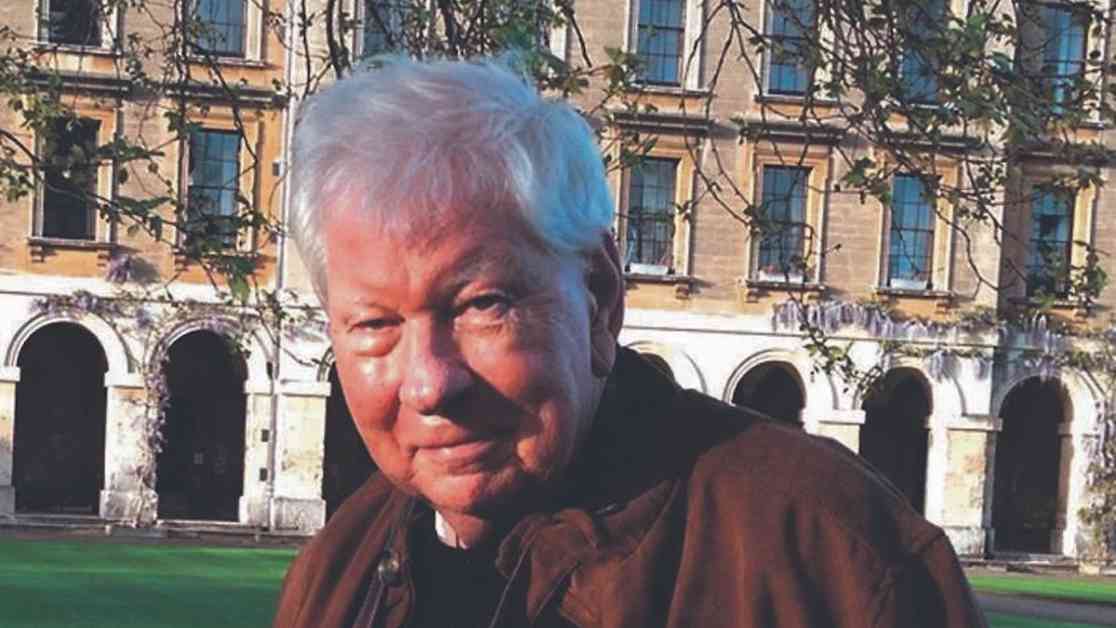RW Johnson, a former leader of the Helen Suzman Foundation, recently voiced his concerns regarding the invitation extended to Imtiaz Sooliman for a lecture. Johnson criticized Sooliman for his anti-Israel statements and alleged anti-Semitic views. He highlighted Helen Suzman’s commitment to open debate and reasoned argument, contrasting it with what he perceives as Sooliman’s prejudiced rhetoric.
Having resurrected and led the Helen Suzman Foundation from 1995 to 2001, Johnson shared his perspective on the controversy surrounding Sooliman’s invitation to deliver the annual lecture. While acknowledging Sooliman’s admirable humanitarian work through the Gift of the Givers organization, Johnson expressed dismay after witnessing a video of Sooliman’s anti-Israel sentiments and reading statements that portrayed the Jewish community in a derogatory light.
Reflecting on articles by former HSF Director Nicole Fritz and Tony Leon, Johnson found himself agreeing with both. Fritz’s frustration with individuals claiming to know Helen Suzman’s opinions resonated with Johnson, who emphasized Helen’s propensity for candid remarks and independent thinking. Tony Leon’s assertion that Helen would not support de-platforming anyone aligned with Johnson’s belief in the power of reasoned debate, a principle that Helen upheld throughout her career.
Johnson recounted Helen’s unwavering stance against anti-Semitism, shaped by his own upbringing in a family deeply affected by the atrocities of World War II. He emphasized that anti-Semitism should have no place in civil society, drawing from his parents’ legacy of opposing such bigotry.
In the context of the Sooliman controversy, Johnson maintained that certain views, including derogatory remarks about specific communities, should not be tolerated. Drawing parallels with a similar incident at Oxford involving Isaiah Berlin, Johnson underscored the need to confront inflammatory rhetoric decisively.
Addressing the criticism of Israel, Johnson debunked claims of genocide, citing historical precedents to contextualize Israel’s actions in the face of attacks. He questioned the portrayal of Israel as genocidal, pointing out the country’s efforts to minimize civilian casualties and defend itself against aggressors.
In conclusion, Johnson urged a nuanced approach to assessing individuals’ viewpoints, emphasizing the need to scrutinize inflammatory language and prejudices. He underscored the importance of civil discourse and respectful dialogue, values that Helen Suzman embodied throughout her advocacy for human rights and justice.
Adding to the discussion, it’s essential to recognize the complexities of the Israeli-Palestinian conflict and the nuances of political rhetoric. By engaging in informed conversations and challenging biased narratives, we can move towards a more inclusive and understanding society. As we navigate sensitive issues like anti-Semitism and geopolitical conflicts, it’s crucial to uphold principles of mutual respect and intellectual integrity, as exemplified by figures like Helen Suzman.





















